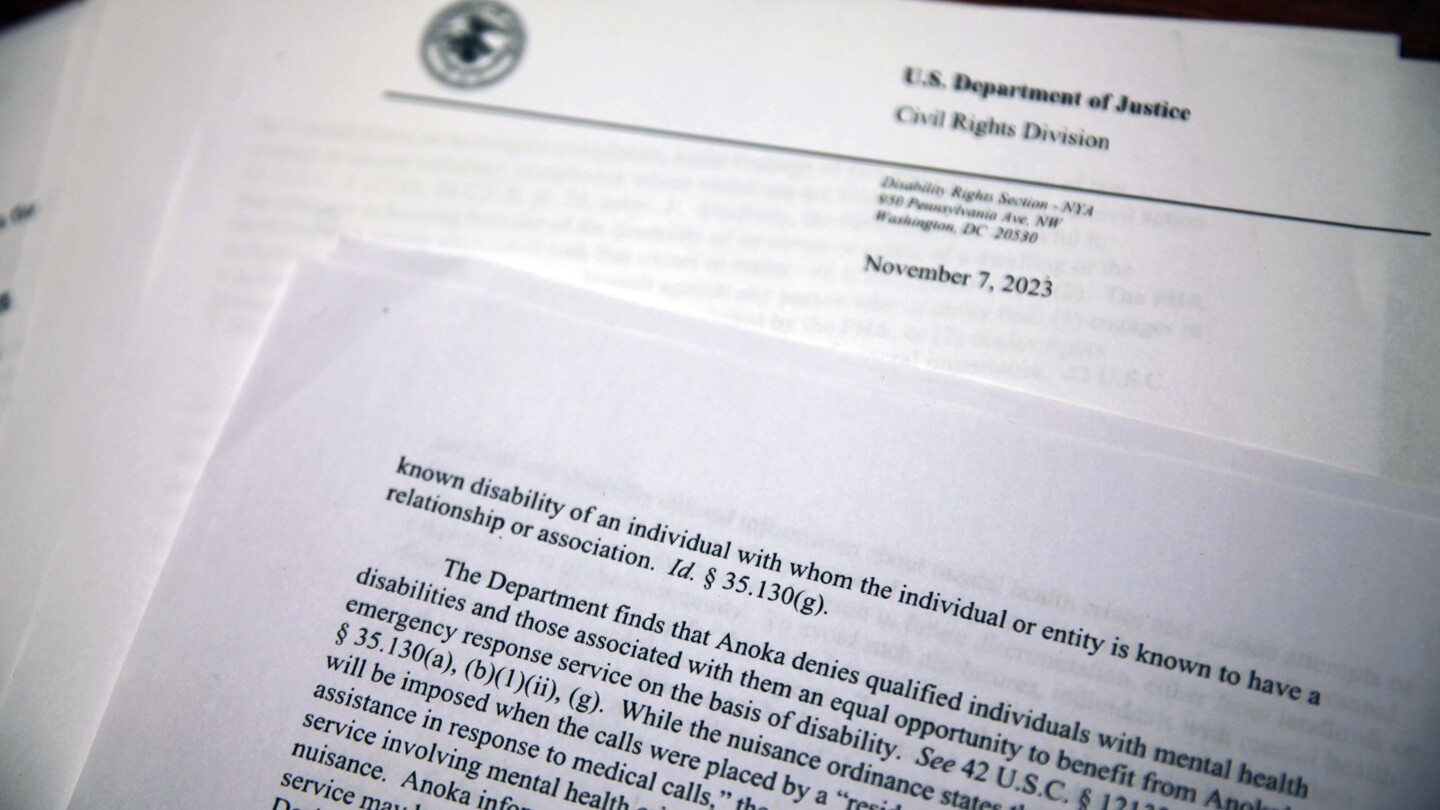Hundreds of communities across the U.S. have for several decades tried to reduce crime, fight gangs and tackle noise and other neighborhood problems through the use of “crime-free” or “public nuisance” laws encouraging and allowing landlords to evict renters when police or emergency crews are repeatedly called to the same addresses.
Long the subject of criticism that such policies are ineffective and enforced more harshly in poor neighborhoods and against people of color, the ordinances are now under scrutiny as sources of mental health discrimination.
Last November, the U.S. Department of Justice issued what it called a first-of-its-kind finding, telling a Minneapolis suburb that its enforcement of a crime-free law illegally discriminated against people with mental health disabilities.
Other cities and jurisdictions are joining a growing movement to rethink, rewrite or repeal such laws as criticism and lawsuits escalate.



What does ‘frequently’ mean here though? The article sure doesn’t say. It sounds to me like ‘frequently’ is whatever the landlord decides. Which could mean 3 times in 2 years. After all, 3 visits from the police in 2 years would sure make the tenant seem sketchy without knowing the details.
Depends on the color of the tenant.